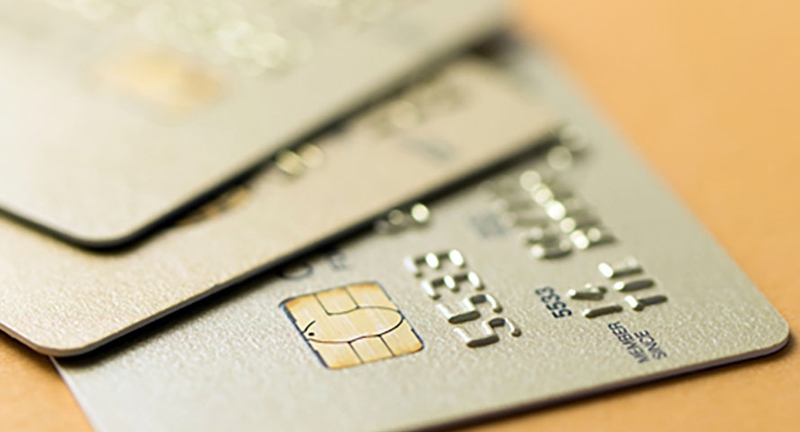5 Protections and tips to keep your money secure
Posted On: September 25, 2024 by Kasasa in: Your Financial Life | Personal Banking

If you've ever heard a story about popular retailers involved in major security breaches, it’s no wonder that credit and debit card fraud raise your concerns.
You can avoid becoming a part of a breach by learning how to protect your personal finances. The security of your bank keeps your debit card and money safe. With a few precautions of your own, you can protect your accounts and keep your money easy to access and spend.
Monitor your accounts
Credit and debit cards might make it easy to shop, but that doesn’t mean you can forget about each transaction once it’s complete. At the very least, you should review your statements monthly and check your credit report once per year.
Online banking makes it easy to check your statements and transactions, so you can even review your account activity daily. Even if it’s for one minute a day, this will get you thinking about your money, and will enable you to spot errors quickly if something fishy arises.
Sign up for account alerts
Take full advantage of any alert program offered by your financial institution or credit card company. You can receive emails, texts, phone calls, or all three if there’s unusual or suspicious activity on your account. There is no reason you should not have this feature enabled.
Check your online banking website or use your mobile app to set up alerts and notifications.
Take extra precautions
Online banking and mobile apps make it easy to keep tabs on your account. Having all of your information online also makes you the potential target of scammers. Take steps to protect your online identity.
Your financial institution will never ask you to send any debit card PIN or your CVV (card verification value), account numbers, passwords, social security numbers, or birthdates via email. Be cautious of any emails, phone calls, or texts asking for this type of information.
As a general rule: do not give out that information unless it’s being asked of you after logging in to your online banking, or when you’re visiting a branch. When entering your card information on a website, be sure the site is secure, featuring a padlock icon before the URL, or that the link begins with https.
Use smartphone apps carefully
Money transfer and mobile payment apps are becoming increasingly popular as friends and family members can easily transfer money from one account to the next. Digital wallets are handy, but as convenient as this may be, there are considerable risks involved in giving a third-party digital access to your account information.
Many of these apps have already been compromised by scammers and fraud. If you choose to use apps like Venmo, Square’s Cash app, or Apple Pay, be sure your device is secure. Use your phone's security feature to protect access to these apps. Before attaching your card information to a new app, read reviews and research the app's security.
Save your receipts
When the cashier asks, “Would you like your receipt?” say yes. It might not be convenient to carry around these tiny slips of paper, but you’ll thank yourself in the event that something goes wrong with your account. Set aside time to compare your receipts with your monthly statement.
We hope this advice helps you keep your money safe. If you have any questions or are looking for more safety tips, please reach out to us!

0 comments